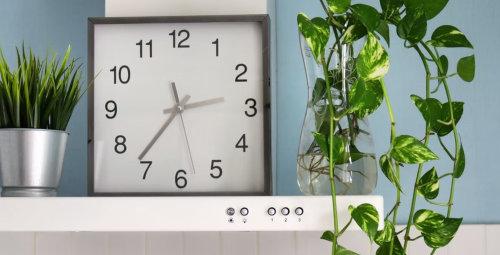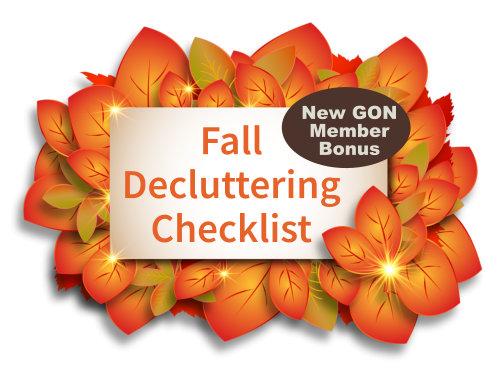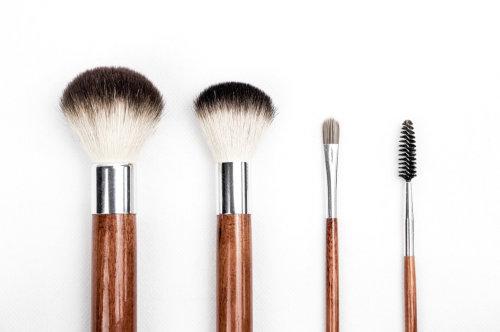People with a lot of clutter have often said to me
"if retailers weren't so manipulative, then I would have a lot less stuff. It's their fault."
This has never sat well with me.
Let's say you own a lemonade stand and you want to sell your lemonade. Is having a sign outside that says, "Lemonade 10 cents" wrong? Most people would say, "Of course it isn't. How else would people know what you're selling and how much you're selling it for?
What if
you then crossed the 10 cents out and said, "Today only. Lemonade 5 cents." Obviously, it would be your perogative to have a sale if you wanted to, and there is nothing wrong with that.
The next day, you put a different sign out. It says, "Buy one lemonade and give another to a friend at no
cost."
Yes, you're trying to sell your lemonade, but you're only doing so for those who actually want to buy it. You're not forcing anyone to buy your lemonade.
So, if this is OK, why doesn't the same concept apply to larger stores? For instance, if Costco wants to sell pickles in bulk, that's their perogative. Yes, they may have a sign up that says, "Best offer...12 jars of pickles for the cost of 6." But that doesn't mean you must buy 12 jars of pickles today.
Someone somewhere DOES have a need for 12 jars of pickles...and that's going to be a great deal for them. That may or may not be a great deal for you.
Retailers are not causing clutter. Believing that they are places the
blame in the wrong direction. "Oh, well the store (or social media influencer) enticed me so now I have clutter."
Blaming retailers or social media influencers for clutter is a convenient scapegoat tactic. It's easy to convince yourself that you "need" a particular item because someone else
showcased it, and later, if you regret the purchase, you can point fingers at them.
But the truth is, clutter is not the retailer's fault.
The clutter isn't your fault either.
You are not deliberately causing clutter.
You're not thinking, "I'm buying this because I want my closet to overflow with stuff or my drawers to be so crammed that I can't fit another sock."
What's truly at the heart of clutter is psychology.
Understanding the psychology that drives clutter accumulation is the key to managing it effectively. Instead of placing blame, it's essential to know
understand, and work with this psychology. Here's how you can do it:
1. Self-Awareness: Start by becoming more aware of your shopping habits and triggers. Ask yourself why you're making a purchase. Is it a genuine need?
2. Mindful Consumption: Practice mindful consumption by evaluating whether an item truly adds value to your life. Consider its long-term utility and whether it aligns with your goals and values.
3. Delayed Gratification: Implement a "cooling-off" period before making impulse purchases. Wait a day or two before buying something non-essential to ensure it's not just a fleeting desire.
4. Set Clear
Goals: Define your goals for decluttering and simplifying your life. Having a clear vision of what you want your space and life to look like can help you make more intentional choices.
5. Budgeting: Establish a budget and stick to it. Knowing your financial limits can
prevent overspending and accumulating unnecessary items.
6. Regular Decluttering: Make decluttering a routine. Regularly assess your belongings and let go of items you no longer need or use.
By working with the psychology behind clutter, you can regain control over your space and life.
Recognize that clutter is not a retailer's fault or anyone else's; it's a complex interplay of psychological factors.
Once you understand these factors, you'll
be better equipped to make mindful choices and keep clutter at bay.
Embrace this knowledge, and clutter will cease to be a problem in your life.
P.S. Click here if you're ready to say goodbye to clutter for good in your life!












